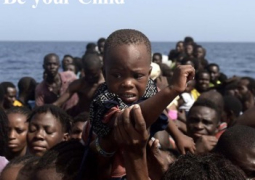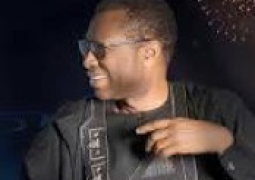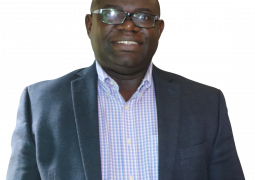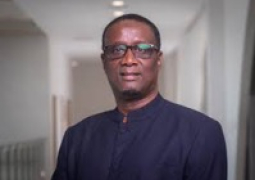
Here, I aim to elaborate on some key points that warrant consideration.
The ECOWAS Standby Force, which has been discussed in relation to the intervention in Niger, appears to rely heavily on external financial support, primarily from the USA or NATO. This raises questions about the force's self-sufficiency and its capacity to undertake a substantial military operation. Furthermore, the feasibility of assembling a force capable of successfully invading Niger, dismantling its well-trained Armed Forces, and reinstating the overthrown government is a complex endeavor.
Notably, the recently invoked ECOWAS standby force, as communicated after an emergency meeting on August 10, seems to exist largely in theory. What the communique should have articulated is the intention to garner support from willing nations prepared to contribute forces for the upcoming military operation.
In the weeks preceding the military coup in Niger, ECOWAS Defense Chiefs convened in Guinea Bissau to strategize on creating the first ECOWAS standby force. This force was envisioned to prevent coup d'états, akin to those witnessed in Mali, Guinea Conakry, and Burkina Faso. As a result, it is crucial to question the authenticity of the standby forces referenced in yesterday’s ECOWAS declaration, particularly in light of the historical context and the evolving situation.
A particular point of contention arises when comparing the ECOWAS standby force's supposed success in Gambia in 2017 with the current situation in Niger. The circumstances in Gambia were distinct, with the Gambia Armed Forces showing little resistance and ex-President Jammeh opting to leave the country before any confrontation. Contrasting this with the determination displayed by the Nigerien Armed Forces raises questions about the efficacy of any potential intervention.
Drawing parallels, it's essential to reflect on the inaction of the ECOWAS standby force in previous instances of political turmoil, such as Mali, Guinea Conakry, and Burkina Faso. Despite its proclaimed existence since 2016, the force did not at all intervene in these countries, where military coups transpired similarly to the recent one in Niger.
Given the current scenario, it appears prudent to shift the focus towards negotiation and a smooth transition to civilian rule in Niger. The financial burden associated with a substantial military intervention could discourage support from global entities such as the EU or NATO, especially considering their existing commitments in other regions, such as the Ukraine conflict and the emerging tensions between Belarus and Poland.
While the presence of American and French troops in Niger might offer a temporary impact, the potential for protracted guerrilla warfare, compounded by external influences like the Russian Wagner mercenary group, adds another layer of complexity to the situation.
Furthermore, the stance of UN Secretary-General Antonio Guterres, opposing the initiation of any war due to the shifting dynamics of conflict, presents an additional challenge to securing international support for a military intervention in Sub-Saharan Africa or elsewhere.
It is also worth noting the irony in the statements of Ivory Coast's President Alassane Ouattara after the ECOWAS meeting yesterday. His criticism of the Nigerien coup juxtaposed against his own contested rise to power raises questions about the moral consistency of regional leaders.
In conclusion, the situation in Niger demands careful consideration and a focus on pragmatic solutions. As events unfold, it remains essential for regional and international actors to pursue avenues that prioritize stability, diplomacy, and respect for the sovereignty of nations.





